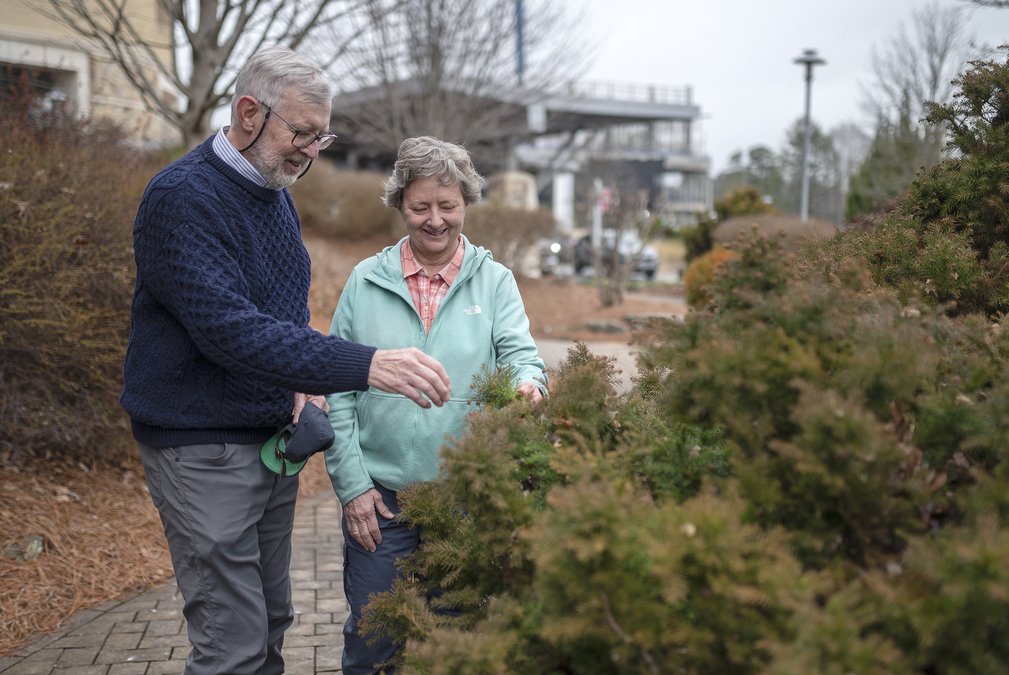There’s green-thumb gardening, making plants grow and flowers bloom.
It’s the end of an era, as Fockele Garden Company closes after 33 years

